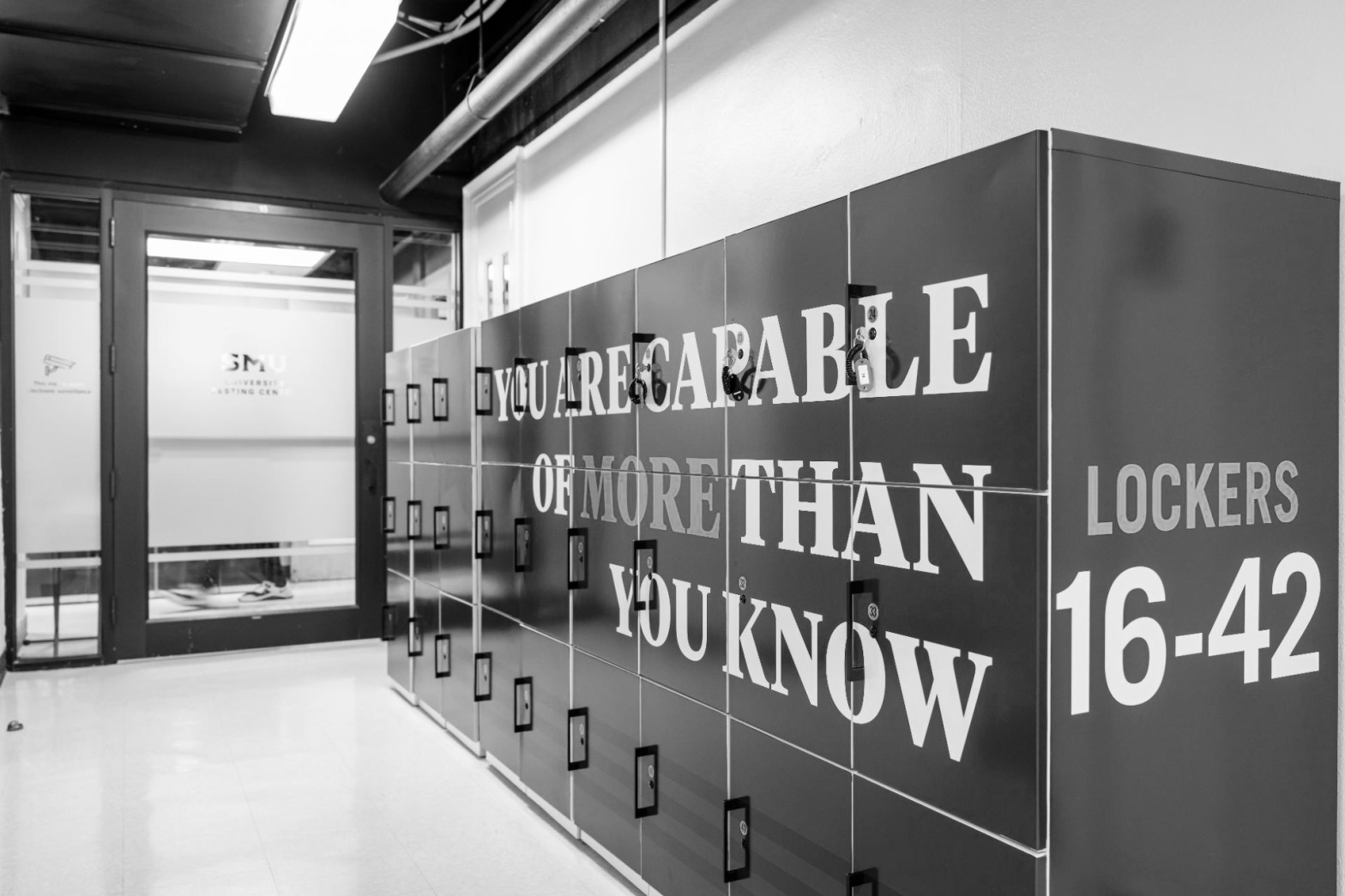The research aimed to provide an overview of U.S. college and university-based academic testing centers, focusing on various factors that may impact these centers. The study intends to examine how institutional type influences testing center factors such as computer vs. paper testing, full-time equivalent (FTE) and part-time equivalent (PTE) staff, contract lengths, testing type offerings, central vs. decentralized testing, average usage at different points, training/certification, incidents of test integrity, budget allocation, monitoring styles, examples of testing irregularities, software used for registration, surveillance, and proctoring (e.g., Proctor U), availability of testing equipment (e.g., headphones, accommodations), and the reporting line location. Additionally, the research aims to determine the ratio of testing center seats to staff FTE and the patterns and trends of testing irregularities experienced by these centers post-COVID-19. This includes investigating the prevalence of testing irregularities compared to total tests administered, the demographics of individuals involved in cheating, and the themes of testing irregularities experienced by staff and proctors.
Collaborators:
